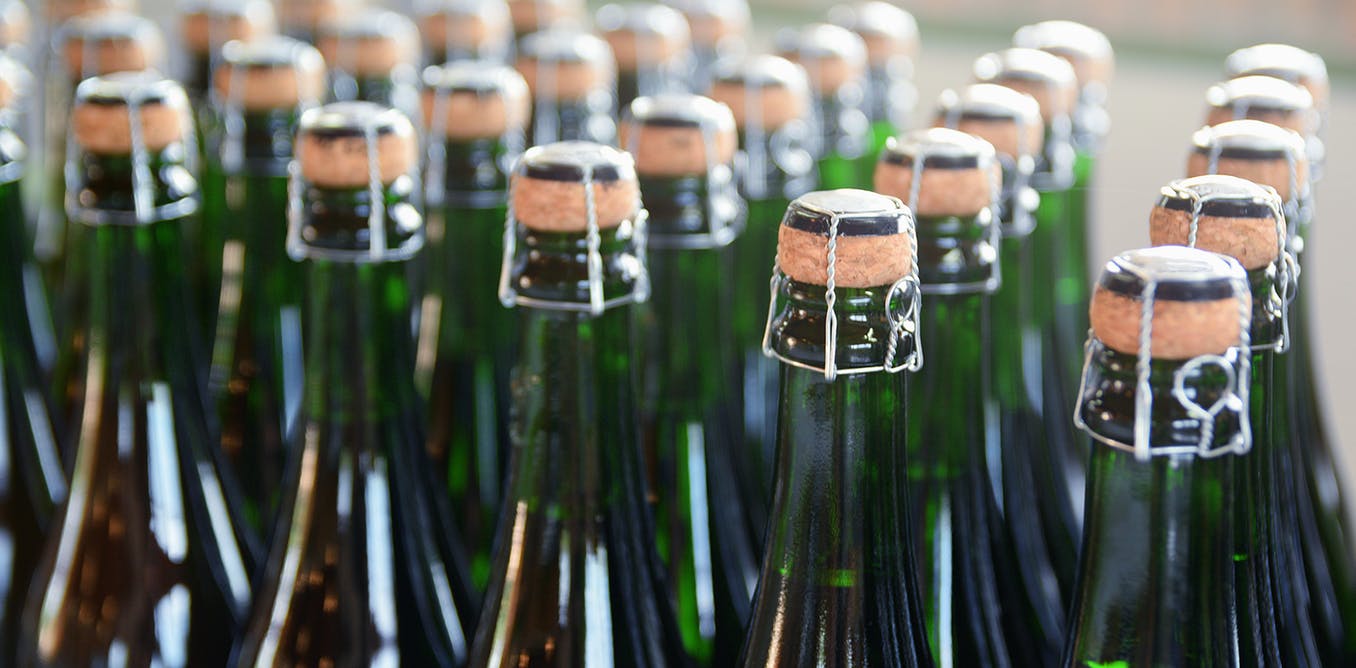Big alcohol is poised to expand into Africa. Why this is bad news for health
The alcohol industry is doing exactly what the tobacco industry did several decades ago to ensure growth and increase profits: expanding into Africa as an underdeveloped market.

As a result, exposure to alcohol in African countries is expected to increase in the next few years. With it comes alcohol-related health and social problems.
Strategy hints coming out of the US$ 103 billion merger between SAB Miller and AB InBev provide a good reference point. The merged entity’s strategy clearly shows that Africa will be a critical driver for growth. Competitors like Pernod Ricard and Diageo are not far behind.
The alcohol industry is under pressure and needs to develop new sources of growth and profits. Markets in the developed world are under threat as a result of saturation. This is coupled with the fact that only a limited numbers of new drinkers are entering the market each year due to low population growth rates.
The expansion into developing economies comes as warnings about the harm that alcohol causes are gaining traction. As a result several countries have revised their guidelines on alcohol consumption. In the UK for example, there’s a move to regulate the sale and marketing of alcoholic drinks. And in Scotland a minimum price for alcohol is about to be introduced.
As a result the alcohol industry is targeting less regulated but more affluent low and middle income countries. Africa is becoming a key focus.
Studies show this is bad news for the continent. Alcohol is a risk factor for non-communicable diseases such as liver cirrhosis, heart disease and a range of common cancers of the breast, throat and mouth. Alcohol also interacts with other health challenges such as HIV, road traffic accidents, violence – including domestic violence – and mental health.
Alcohol use in Africa
Sub-Saharan Africa provides particularly fertile ground for growing market share due to the high proportion of the population in many countries who don’t yet consume alcohol (especially among females), the high youth population in most countries, and the growth in GDP in certain countries. Low advertising costs, weak regulation, high-intensity consumption of beer in these markets make for an ideal environment for global brands.
The dangers of alcohol are well documented. Across the globe, more than 3.3 million people die from harmful use of alcohol each year. More than 20% of deaths from liver cirrhosis, certain cancers of the mouth and throat, interpersonal violence and self-harm are due to alcohol use.
Alcohol is responsible for more than 7% of all deaths globally and it was the 9th leading risk factor for death and disability globally in 2015, up from tenth place in 2005 and eleventh in 1990. In the southern sub-Saharan Africa region alcohol ranked fifth as a risk factor for death and disability. With rising alcohol exposure, the extent to which alcohol contributes to various negative health outcomes are expected to also increase.
Using tobacco tactics
The global alcohol industry’s new focus in low and middle income countries mirrors the moves made by big tobacco companies in penetrating these markets. Transnational tobacco corporations have succeeded in driving up smoking in African markets through aggressive marketing strategies. Their strategy included disguising marketing as corporate social responsibility programmes.
Alcohol firms are using the same strategy. Under the guise of corporate social responsibility they have run campaigns to promote “responsible” and “moderate” drinking.
Alcohol companies also position themselves as being committed to promoting the consumption of lower alcohol products. For example AB InBev’s campaign, called Global Smart Drinking Goals, states that its objective is to:
Ensure no- or lower-alcohol beer products represent at least 20% of AB InBev’s global beer volume by the end of 2025.
This may appear to be a positive message, but research on similar strategies suggests otherwise. It indicates that this is unlikely to be about substituting regular beer products for lower alcohol beverages. Rather the aim is to increase the overall size of the beer market through an expanded range of products.
Alcohol companies have also developed low-cost, entry-level products aimed at attracting new consumers, citing the greater safety of commercially produced products over homebrews.
An example is the introduction of commercially manufactured ‘Chibuku Shake Shake’ beer by SABMiller in Zambia. It’s based on a locally brewed traditional sorghum beer but is marketed as offering more consistent quality and safer than the home-brew variant.
The promotion of brewers products as safer alternatives forms part of a wider corporate social responsibility agenda aimed at highlighting the positive social impact that companies are having. A good example is Diageo’s water sanitation project.
Another strategy used successfully by tobacco companies as well as alcohol companies is government partnerships.
These have become an effective avenue through which the industry influences and limits regulation. For example, national alcohol policy documents from four sub-Saharan countries (Lesotho, Botswana, Malawi and Uganda) have been found to be identical and reflecting the alcohol industry’s preferred policy wording.
As the global alcohol industry moves to expand across the continent, more research, policy and public attention needs to be paid to industry practices and governance mechanisms to help understand and prevent the negative impact this will have on the population’s health. Industry expansion into African markets will be sold as being progressive, as providing new jobs, access to safer and healthier alcohol products. Perhaps nearer to the truth would be to describe this as David Jernigan, the leading health academic who has analysed the impact of alcohol and its marketing did, labelling it “Thirsting for Markets” and as possibly even as part of the recolonisation of Africa.


